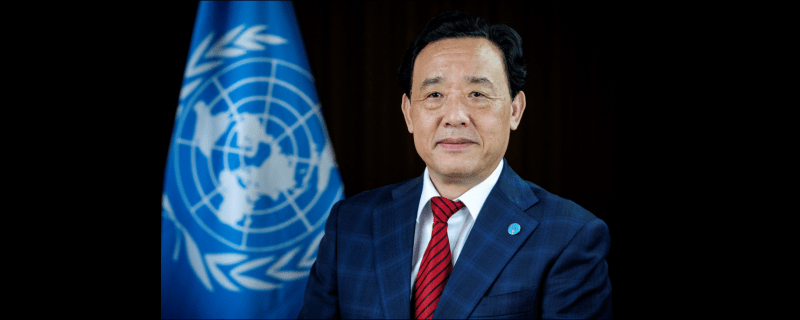U.N. pushes for significant effort to boost aquaculture
United Nations urges a new push to invest in sustainable ocean growth and a significant effort to boost aquaculture
By SeaWestNews
Serious investments in ocean sustainability will raise the amount of fish to feed the poor, the Food and Agriculture Organization (FAO) of the United Nations said, as it pushes for a global effort to boost aquaculture.
Oceans should be addressed as a solution, not a problem, to help drive progress towards the eradication of hunger, FAO Director-General Qu Dongyu said in his keynote address at the recent Our Ocean Conference in Oslo.
“Ocean protection will only succeed if we spend financial and brain power in developing sustainable solutions,” Qu said, urging a new push to invest in sustainable ocean growth and a significant effort to boost aquaculture, particularly in Africa.
The Director-General also warned of a “dangerous sustainability divide” as fisheries in developed regions become increasingly sustainable, rebuilding stocks, while those in developing regions are not improving as fast.
One-third of the world’s fish stocks are overfished, and climate change is likely to negatively impact stocks in tropical zones, according to FAO.
“Oceans provide us with enormous services,” Qu said, noting that global per capita fish consumption has risen to 20.3 kilograms a year and that fisheries and aquaculture provide livelihood opportunities to more than 10 percent of the world’s population.
“If the ocean fails, it is because we fail ourselves,” he said.
Our Ocean 2019 conference focussed on themes including climate change, marine pollution and security, sustainable fisheries, as well as its traditional focus on conservation initiatives.
The conference, started in 2014 by then-US Secretary of State John Kerry, aims to promote voluntary government pledges to care for the ocean and has since inception generated commitments totalling around $18 billion and 12.4 million square kilometers of marine protected areas.
The Director-General spoke on a panel on fisheries governance along with Bernard Esau, Minister of Fisheries and Marine Resources of Namibia, and Harald Tom Nesvik, Minister of Fisheries and Seafood of Norway, as well as other experts.
Qu proposed a commitment to achieve “100 percent” effective sustainability of our resources from the oceans and noted that FAO will in November host a major symposium in Rome to identify the technical solutions needed to achieve this vision.
Next year’s Our Ocean conference will be held in Palau.
Key facts
In the 1970s, aquaculture produced about 3 million tonnes of fish.
By 2017, world aquaculture production reached 80.1 million tonnes valued at USD 237.5 billion (farm-gate value).
It employs some 26 million workers, 19.3 million directly and about 6.5 million indirectly
In 2017, the Asia–Pacific region continued to dominate the aquaculture sector, accounting for 91.9 percent of global production.
In Canada, fish farming and fish processing activities generated an estimated $5.4 billion in economic activity, $2.2 billion in GDP, and full-time jobs for more than 26,000 Canadians earning an estimated $1.2 billion in wages in 2017.
When the full value-chain of economic activity is considered, Canadian farmed seafood generated a total of $7.7 billion in economic activity throughout the economy, $3.9 billion in GDP, and $2.29 billion dollars in wages for more than 56,500 Canadian workers in 2017.

